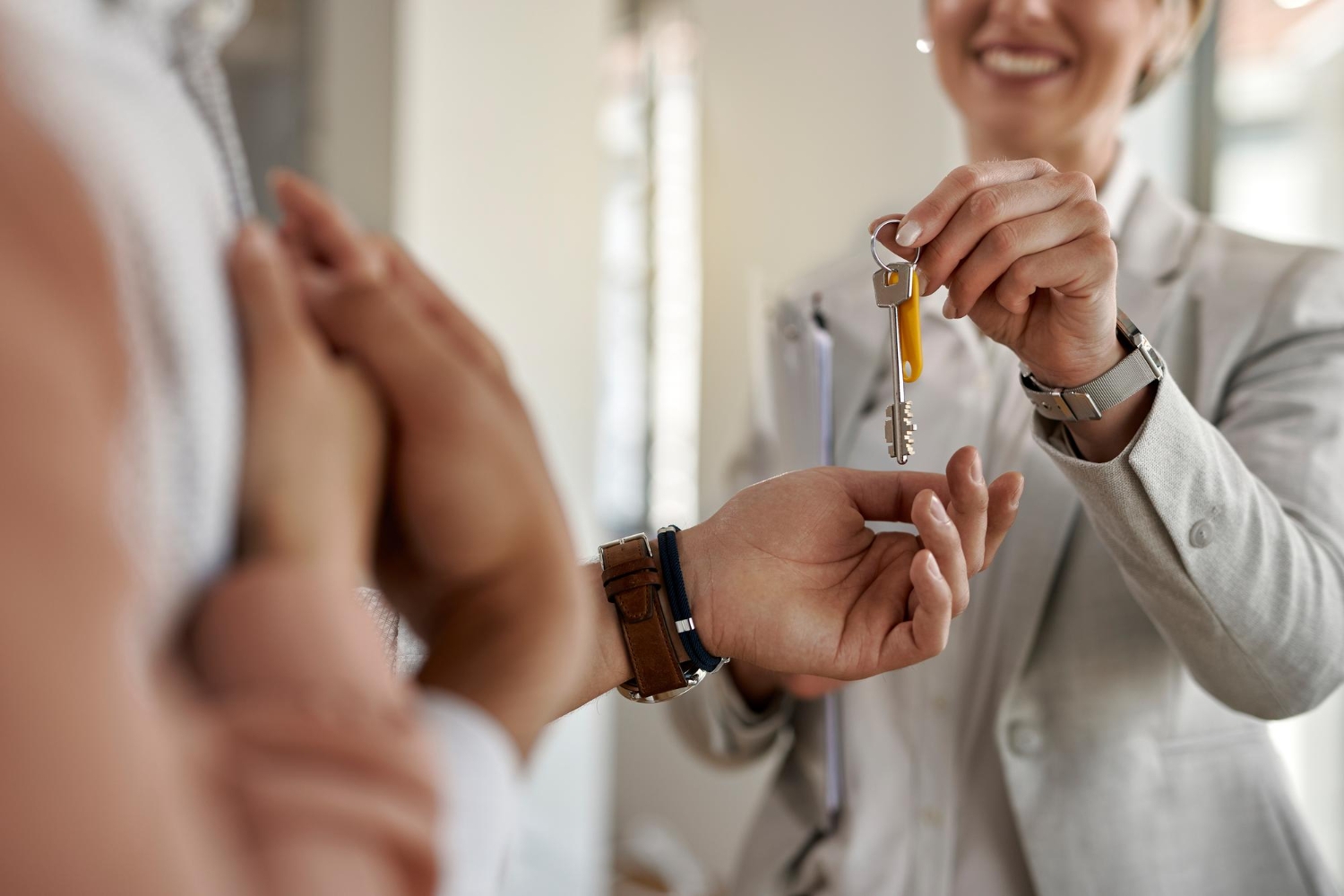Buying an apartment with utility debts

In the sale it is not uncommon to see apartments that are sold with utility debts. Sellers are prepared to reduce the value of the property in order to sell it with such a "defect". Whether or not to buy such housing, each buyer decides for himself. But it is possible to buy an apartment with debts profitably and so that the debt on communal services remained on the previous owner. Let's consider all the nuances of such transactions and share what to pay attention to in order not to take someone else's debts.
Is it possible to sell an apartment with debts
It is possible to sell an apartment with debts for utilities, but not always. In some cases, a ban on alienation may be imposed on the amount of real estate. Such a ban restricts the ownership rights of the owner of the residential property, prohibiting him to dispose of the property at his discretion without the authorization of the competent authority.
A ban on alienation of property may be imposed if the apartment is under seizure due to outstanding utility debts. The apartment may be arrested if the debts on utilities exceeded the amount of 20 minimum wages, namely UAH 160,000. In such a case, public utilities have the right to appeal to the court: the latter, without the participation of the parties, seizes the property. The debtor learns about this from the bailiffs.
If it is known that a ban on alienation has been imposed on the property, it cannot be sold. If the apartment is arrested because of communal debts, the ban is lifted only after the debt is repaid and the arrest is lifted by a state enforcement officer.
What debts are transferred when buying an apartment
No debts on public utilities can pass to the new owner of the apartment, unless he himself has agreed to this. That is why it is extremely important to carefully read the contract of sale of housing, so as not to miss in it a clause on the replacement of the debtor.
Which confirms the fact that the new owner is not transferred debts on communal services when buying an apartment:
Article 11 of the Civil Code of Ukraine states that after the purchase of an apartment the new owner has the right not to pay the debts of the previous owner;
Article 520 of the Civil Code of Ukraine mentions that the debtor cannot be replaced without the consent of the parties;
utility services cannot make any claims to the new owner of the apartment, as he/she did not conclude service agreements with them.
If there is light, gas and water in the apartment, it means that the owner has concluded a service contract with the relevant services. This confirms that the consumer who signed the contract is responsible for the debts. If he decides to sell the apartment, the buyer is not responsible for the previously consumed services and does not have to take responsibility for paying the debts.
How to find out the real amount of debt
To understand whether there are debts on communal services and in what amount, the buyer should ask the seller to provide certificates from all providers of public utilities. These can be certificates from the housing and utilities office, condominium, Kyivvodokanal, Kyivteploenergo, etc.
Certificates on the presence of debts on communal services are not included in the list of mandatory documents when selling an apartment, that is, you can sell and buy real estate without them. But in this case, the buyer runs the risk of encountering an unpleasant situation about which he was not notified. To avoid such surprises, it is best to conclude a sale and purchase agreement only upon submission of certificates of absence of debts.
If there are debts on communal services, you can find out their amount and agree with the seller to reduce the price of the apartment by this amount and undertake to repay the debt. In this case, the relevant clause is written in the contract.
Whether it is worth buying an apartment with debts
According to Article 162 of the Housing Code of Ukraine, the consumer is obliged to make timely payment for the communal services provided. This confirms the fact that the obligation to repay the debt falls on the shoulders of the owner who used these services and did not pay for them.
The purchase of an apartment indicates that the buyer acquires the right of ownership and the corresponding obligations. But since the ownership right is transferred from the moment of registration in the Unified State Register, the buyer does not have to pay the debts that arose earlier. This remains the obligation of the previous owner.
A buyer who has agreed to purchase a residential property with debts should be prepared for the fact that the public utilities will make claims against him. Such claims and demands to pay debts are groundless, but the services often go for it in order to close the debt by any means.
Claims of utility services are legal only if the buyer himself agreed to pay off the debts and signed the sale and purchase agreement, which contains such a clause. Such a step can be taken if the seller is ready to reduce the price and there is no certainty that he will deal with this issue on his own. This will make it possible to pay off debts by reducing the value of the living space, and to avoid constant claims from public utilities.
If there is no desire to pay for someone else's debts, it is absolutely necessary to check the contract of sale of real estate for the absence of the relevant clause. It is also important that the seller collects all the certificates and provides them before the conclusion of the contract. Having made a decision to buy an apartment with debts, you need to be prepared for possible claims and know what to say to representatives of public utilities.
The real estate agency "Mayak" employs experienced realtors who have faced different situations and have experience in selling and buying real estate with utility debts. The agency employs lawyers who will help to draw up the contract correctly, carefully study the certificates and help to avoid problems when buying an apartment with utility debts.



